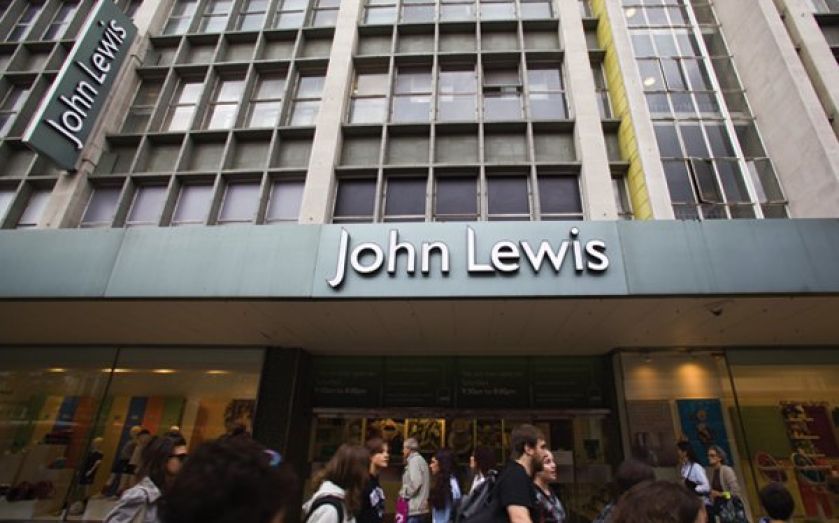| Updated:
Could independent Scots be charged more in shops? John Lewis’ boss thinks so

Could an independent Scotland pay more than the rest of the UK for its groceries, clothing and white goods? John Lewis Partnership chairman Sir Charlie Mayfield certainly seems to think so.
The retail boss, who this morning revealed half year gross sales had risen a steady six per cent to £5.01bn, told the BBC's Today Programme that most retailers absorb the costs of trading in parts of Scotland, but warned this could change if it becomes a separate country.
Though he started out by saying it was “not my place to tell Scottish voters how to vote in next week's referendum”, Mayfield's words may give those on the fence something to think about:
It does cost more money to trade in parts of Scotland and therefore those hard costs, in the event of a Yes vote, are more likely to be passed on.
He explained:
Most retailers don't run different prices, they absorb that in the totality. If you go forward several years… you see a divergence of different things – particularly currency – that creates the likelihood, not the certainty, that costs would be higher. And when you are talking about two different countries it is most probable that most retailers would then start pricing differently. My view would be the likelihood is, that would lead to some higher prices.
Mayfield said he had a “thriving” business in Scotland, adding that should independence carry the vote, the partnership would endeavour to retain its staffing practices (which sees each “partner” receive a bonus equivalent to the year's growth – in recent years that has worked out as high double-digits). However, he stopped short of guaranteeing that would be the case:
I would regret anything, obviously, which started to create divergence and really significant differences in the two markets that made it harder to achieve that.
Will it achieve those levels for the current financial year?
Although JLP says the outlook for the grocery sector is “challenging” and is expected to remain so “for some time”, the non-food sector is performing better.
For the six months to July 26, gross sales at department store business John Lewis rose 9.4 per cent to £1.87bn, with like-for-likes up 8.2 per cent. Waitrose grew 4.1 per cent to £3.15bn, with like-for-likes edging up by 1.3 per cent.
Pre-tax profit for the group, excluding exceptional items, climbed 12.1 per cent to £129.8m.
And for the first six weeks of the second half, trading has continued to be strong with John Lewis gross sales up 11.3 per cent, and up 5.2 per cent at Waitrose, generating a gross group sales rise of 7.5 per cent.
JLP said its plans for Christmas “look excellent” and it expects to continue outperforming the market.
In which case, partners stand to do very nicely indeed (again).